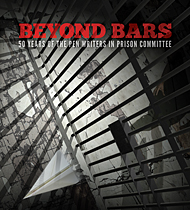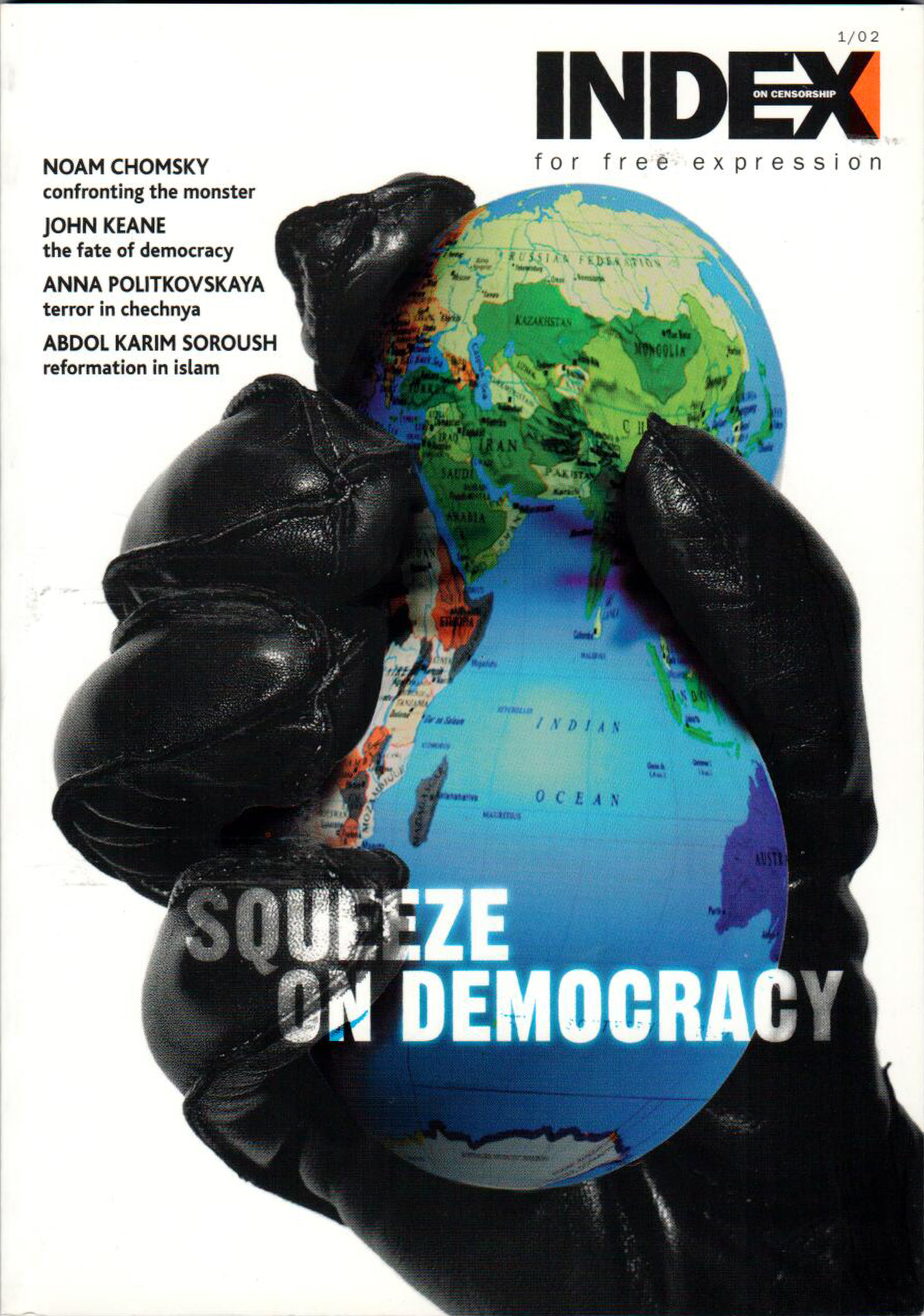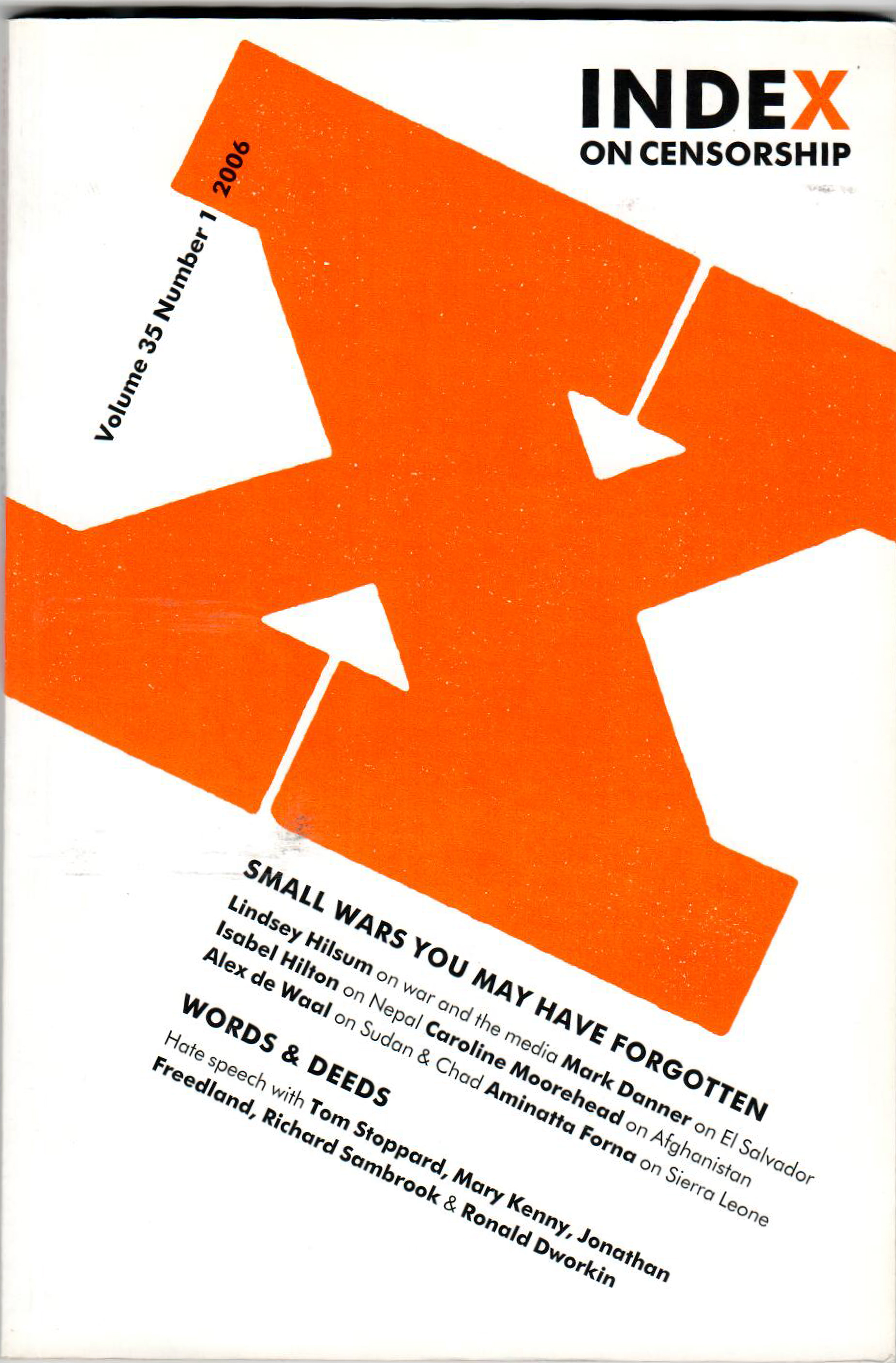23 Oct 2020 | Opinion, Ruth's blog
[vc_row][vc_column][vc_single_image image=”115302″ img_size=”full” add_caption=”yes”][/vc_column][/vc_row][vc_row][vc_column][vc_column_text]Samuel Paty
An educator.
A father.
A martyr.
An inspiration.
Last week Professor Paty was brutally murdered in a Parisian suburb for teaching his students about the basic human right of free speech. A right that is protected by both the French constitution and the European Human Rights Act. A right that we cherish and celebrate.
Our hearts bleed for the pain and sorrow that this tragedy has visited upon his loved ones and the people of France. We stand with them.

Samuel Paty, photo: Ville de Conflans Saint Honorine
No context is or should be required to try and understand this horrendous act. There are no excuses, justifications or mitigations. Professor Paty was doing his job. He was a citizen of the world, educating the next generation about the importance of speech, of language, imagery and art, and their protected place in society. This was a public service undertaken in a public space. He was doing his duty and he was assassinated for it.
As we mourn Samuel’s loss, 14 French citizens are on trial for the massacre at the Charlie Hebdo offices. A further seven people have been arrested related to Samuel’s murder. These people do not represent France. Samuel Paty represents France. These people represent extremists. Samuel Paty represents the mainstream. Those arrested represent hate and fear. Samuel Paty represents hope.
There will be lots or recriminations in the months and years ahead: politicians attempting to exploit people’s fears for their own gain, others trying to excuse or apologise. Neither is acceptable. As a society, it is vital that we come together to celebrate our shared values, in spite of every effort made by some to undermine and attack those values.
In the months ahead Index will continue to report on the Charlie Hebdo case. We will highlight the efforts of French leaders who, in the face of terror, stand tall and use their free speech to protect ours.
And most importantly we will remember.
Samuel Paty, 1973-2020.
He will never be forgotten. We mourn his loss together and we must remember his legacy every time someone tries to undermine or restrict our free speech.[/vc_column_text][/vc_column][/vc_row][vc_row][vc_column][three_column_post title=”You might also like to read” category_id=”581″][/vc_column][/vc_row]
2 Oct 2020 | Opinion, Ruth's blog
[vc_row][vc_column][vc_single_image image=”110001″ img_size=”full”][vc_column_text]There is no right not to be offended.
There is no right to cause harm and incite hate and violence.
These are not contradictory statements. In fact I believe that they are the founding pillars of how we should exercise our basic right to free speech in a democracy, but all too often we collectively seem to forget that.
And we ignore these basic principles at our peril; after all, none of us seek a bland public space. We thrive on debate and challenge, on new thinking and research; it drives social change, ensures progress and most importantly holds decision-makers to account.
Slavery, criminalisation of homosexuality and denying women the vote were also once legal until someone stood up and said no. These people started, at times, incredibly difficult and brave debates, launched inspiring campaigns and took people on a journey which changed hearts and minds and, of course, the law.
We can and should be able to do all of that without crossing a line into hate, without inspiring fear and without descending into violence and threat.
None of this should be controversial in a rational world; unfortunately rationality seems to be a rare commodity at the moment.
The concept of free speech has been a dominant feature in our political discourse over the last year. There has been a lot written about cancel culture, current and impending culture wars and the need to manage, if not shut down all together, debate.
Much of this has been driven by people who seek to raise their own profile at the expense of good and proper debate on serious issues that matter. This isn’t healthy for us as a society and honestly it is stifling our national conversation and leaving a political vacuum for those on the fringe to fill.
The world is facing a public health emergency and a global recession. There are serious injustices happening across the globe, both in democracies and repressive regimes. Yet we are seeing new and empowering political movements emerging demanding real equality, genuine citizenship and action on climate change across the planet.
All of these issues are going to inspire debate as we seek answers to some of the biggest questions our societies have ever faced.
Do we demand an end to globalisation because of the effects of worldwide trade on the environment?
Do we fight for public health measures as the expense of our civil liberties?
In the midst of a global recession is trade with China more important than human rights?
Honestly, in order to find the answers we need to listen to each other and not shut down the debate.
We need to hear from those being persecuted and those being marginalised. We need to listen to those people on the frontline of each issue and most importantly we need to respect each others position and opinion. In short we need to value not just our own right to free expression but other people’s too.
Index was established to be a voice for the persecuted, to provide a platform to those who couldn’t have their work published elsewhere and to shine a spotlight on areas where peoples voices were being silenced. I’m proud of that heritage and as our public space becomes increasingly hostile, I can promise you that Index will fight to ensure that we always have free and open debate[/vc_column_text][/vc_column][/vc_row][vc_row][vc_column][three_column_post title=”You might also like to read” category_id=”13527″][/vc_column][/vc_row]
10 Jul 2020 | News, Student Reading Lists
[vc_row][vc_column][vc_column_text]This week, 150 writers and academics signed an open letter expressing dismay at the current state of free and open debate. The list of signatories is like a Who’s Who of contributors to Index on Censorship magazine over the years. We have looked into our archives to dig out some of the articles we have published by some of the signatories.
Margaret Atwood defends fiction as a worthwhile use of free expression, Salman Rushdie decries total censorship in Pakistan, Noam Chomsky examines how atrocities are reported by those committing them, Nadine Strossman writing in 1995 paints a shockingly current picture of the USA today, and Eva Hoffman discusses her relationship with language as a Polish emigrant to Canada.
Don’t tell us what to write – Margaret Atwood
 Writing for a special edition of Index on Censorship in 2010, which marked 50 years of the Pen Writers in Prison Committee, Margaret Atwood upheld the importance of being free to write unfettered by expectations or demands. Atwood explored the impulse of journalists to reveal the truth, writing: “You can take the guts out of the investigative journalists, both figuratively and literally, but so far no one has been able to completely suppress the human urge that’s at least as old as the Book of Job: the need to tell.” She also examined attitudes towards fiction. Being a self-described fiction writer and poet, Atwood talked about how fiction writers often write with intentions to make a certain impact, perhaps to better their readers or the world at large, but placing this as a caveat for fiction to be considered worthwhile,”is to fall into the very same kind of thinking that leads to censorship.” Click here to read the full article.
Writing for a special edition of Index on Censorship in 2010, which marked 50 years of the Pen Writers in Prison Committee, Margaret Atwood upheld the importance of being free to write unfettered by expectations or demands. Atwood explored the impulse of journalists to reveal the truth, writing: “You can take the guts out of the investigative journalists, both figuratively and literally, but so far no one has been able to completely suppress the human urge that’s at least as old as the Book of Job: the need to tell.” She also examined attitudes towards fiction. Being a self-described fiction writer and poet, Atwood talked about how fiction writers often write with intentions to make a certain impact, perhaps to better their readers or the world at large, but placing this as a caveat for fiction to be considered worthwhile,”is to fall into the very same kind of thinking that leads to censorship.” Click here to read the full article.
Last chance? Salman Rushdie

Writers and Apartheid, the June 1983 issue of Index on Censorship magazine.
Is there dark humour to be found in an oppressive regime’s censorship? Salman Rushdie opened his piece, first published in Index in 1983 and republished in 2012 in the 40 year anniversary special issue, by examining this question through his first encounters with the censorship of films as a child. Censorship, he wrote, became less of an abstract source of the absurd when he began to experience it as a personal reality. On returning to Karachi, Pakistan after studying at Cambridge, Rushdie’s attempts at expression and creativity were curtailed by censors, at one point being told “ ‘the word pork may not be spoken on Pakistan television.’” He wrote of the total censorship enacted by the Pakistani government who, unlike the Indian government, had a firm and terrifying grip over journalists. What are the effects of such censorship? Rushdie questioned. “Where there is no debate, it is hard to go on remembering, every day, that there is a suppressed side to every argument. It becomes almost impossible to conceive of what the suppressed things might be.” Click here to read the full article.
Confronting the Monster – Noam Chomsky

Squeeze on democracy, the spring 2002 issue of Index on Censorship magazine.
Writing in early 2002, arguably of the most pivotal points in recent US history, Noam Chomsky examined the coverage, or lack thereof, of the reaction and aftermath of the 9/11 terrorist attacks, and uses this example to dissect the notions of “them” and “us” in reporting on atrocities. The bombing campaign carried out by the US army on Afghanistan in October 2001, Chomsky wrote, left millions of Afghan civilians starving. Appeals to the US for an end to the bombing from UN bodies were rejected, and this was “virtually unreported”, as was a warning of humanitarian catastrophe from the Food and Agricultural organisation. Chomsky explained that the erasure of one’s own crimes against humanity is not a uniquely American phenomenon writing: “Only those entirely ignorant of modern history will find any of this surprising.” In the early 1990s, Chomsky wrote, the British government removed from the Public Record Office all files concerning the use of poisonous gas against “uncivilised tribes”. He summed up “the powerful determine what counts as history, what passes through the filters is the terrorism of the weak against the strong and their clients.” Click here to read the full article.
Diverting Tactics – Nadine Strossman

Rewriting history, the May 1995 issue of Index on Censorship magazine
Despite having been written in 1995 Nadine Strossman’s article examining attacks on The Bill of Rights, freedom of expression, and the groups in US society these attacks have the harshest impact on, feels startlingly current. Strossman wrote that the government proposals to criminalise desacration of the US flag would amount to “punishing the political protest that should be the most protected form of expression in a democratic society”. The violent dispersal of the ongoing protests sparked by the murder of George Floyd is a chilling reminder of the assault on freedom of expression in the USA today. Strossman highlighted how the rights of non-white groups are being specifically targeted through the disparagement of affirmative action programmes, which displays “the diminished national commitment to racial justice”. This is another topic, it perhaps goes without saying, that is an issue in present-day America. Strossman dissected the actions of politicians as quick fixes for societal problems. Click here to read the full article.[/vc_column_text][/vc_column][/vc_row][vc_row][vc_column][vc_column_text]Words between worlds – Eva Hoffman and Raja Shehadeh
 Eva Hoffman, author of Lost in Translation, spoke to then-editor Judith Vidal-Hall about her experience of emigrating from Poland to Canada as a child and developing a new relationship with language. As her native Polish became surplus to requirement, and English loomed as an unknown quantity, “I discovered to what extent language and culture constructs us really. To what extent it informs not only our larger assumptions and ideologies about the world”. Hoffman told Vidal-Hall how, having absorbed English as a second language, she found it to be beneficial as a writer; it gave her a vantage point of two cultures, two worlds. When asked why she started to write, Hoffman explained that through her words she might connect with people who had shared similar experiences: “I had some hope that perhaps I was trying to talk about things that had some meaning for other immigrants as well, that perhaps there was a kind of broader meaning to it”. Click here to read the full article.[/vc_column_text][/vc_column][/vc_row][vc_row][vc_column][three_column_post title=”You might also want to read” category_id=”7273″][/vc_column][/vc_row]
Eva Hoffman, author of Lost in Translation, spoke to then-editor Judith Vidal-Hall about her experience of emigrating from Poland to Canada as a child and developing a new relationship with language. As her native Polish became surplus to requirement, and English loomed as an unknown quantity, “I discovered to what extent language and culture constructs us really. To what extent it informs not only our larger assumptions and ideologies about the world”. Hoffman told Vidal-Hall how, having absorbed English as a second language, she found it to be beneficial as a writer; it gave her a vantage point of two cultures, two worlds. When asked why she started to write, Hoffman explained that through her words she might connect with people who had shared similar experiences: “I had some hope that perhaps I was trying to talk about things that had some meaning for other immigrants as well, that perhaps there was a kind of broader meaning to it”. Click here to read the full article.[/vc_column_text][/vc_column][/vc_row][vc_row][vc_column][three_column_post title=”You might also want to read” category_id=”7273″][/vc_column][/vc_row]
10 Jul 2020 | Index Shots, News
[vc_row][vc_column][vc_column_text]Index on Censorship’s editor in chief Rachael Jolley speaks with Professor Nadine Strossen of New York Law School and a former head of the American Civil Liberties Union. Strossen is one of 150 writers and academics who have signed a letter to Harpers magazine saying that the free exchange of information and ideas is becoming more constricted.[/vc_column_text][/vc_column][/vc_row][vc_row][vc_column][vc_video link=”https://youtu.be/GkMpZqeXN8s”][/vc_column][/vc_row][vc_row][vc_column][three_column_post title=”You might like to read” category_id=”581″][/vc_column][/vc_row]


 Writing for a special edition of Index on Censorship in 2010, which marked 50 years of the Pen Writers in Prison Committee, Margaret Atwood upheld the importance of being free to write unfettered by expectations or demands. Atwood explored the impulse of journalists to reveal the truth, writing: “You can take the guts out of the investigative journalists, both figuratively and literally, but so far no one has been able to completely suppress the human urge that’s at least as old as the Book of Job: the need to tell.” She also examined attitudes towards fiction. Being a self-described fiction writer and poet, Atwood talked about how fiction writers often write with intentions to make a certain impact, perhaps to better their readers or the world at large, but placing this as a caveat for fiction to be considered worthwhile,”is to fall into the very same kind of thinking that leads to censorship.” Click
Writing for a special edition of Index on Censorship in 2010, which marked 50 years of the Pen Writers in Prison Committee, Margaret Atwood upheld the importance of being free to write unfettered by expectations or demands. Atwood explored the impulse of journalists to reveal the truth, writing: “You can take the guts out of the investigative journalists, both figuratively and literally, but so far no one has been able to completely suppress the human urge that’s at least as old as the Book of Job: the need to tell.” She also examined attitudes towards fiction. Being a self-described fiction writer and poet, Atwood talked about how fiction writers often write with intentions to make a certain impact, perhaps to better their readers or the world at large, but placing this as a caveat for fiction to be considered worthwhile,”is to fall into the very same kind of thinking that leads to censorship.” Click 


 Eva Hoffman, author of Lost in Translation, spoke to then-editor Judith Vidal-Hall about her experience of emigrating from Poland to Canada as a child and developing a new relationship with language. As her native Polish became surplus to requirement, and English loomed as an unknown quantity, “I discovered to what extent language and culture constructs us really. To what extent it informs not only our larger assumptions and ideologies about the world”. Hoffman told Vidal-Hall how, having absorbed English as a second language, she found it to be beneficial as a writer; it gave her a vantage point of two cultures, two worlds. When asked why she started to write, Hoffman explained that through her words she might connect with people who had shared similar experiences: “I had some hope that perhaps I was trying to talk about things that had some meaning for other immigrants as well, that perhaps there was a kind of broader meaning to it”. Click
Eva Hoffman, author of Lost in Translation, spoke to then-editor Judith Vidal-Hall about her experience of emigrating from Poland to Canada as a child and developing a new relationship with language. As her native Polish became surplus to requirement, and English loomed as an unknown quantity, “I discovered to what extent language and culture constructs us really. To what extent it informs not only our larger assumptions and ideologies about the world”. Hoffman told Vidal-Hall how, having absorbed English as a second language, she found it to be beneficial as a writer; it gave her a vantage point of two cultures, two worlds. When asked why she started to write, Hoffman explained that through her words she might connect with people who had shared similar experiences: “I had some hope that perhaps I was trying to talk about things that had some meaning for other immigrants as well, that perhaps there was a kind of broader meaning to it”. Click